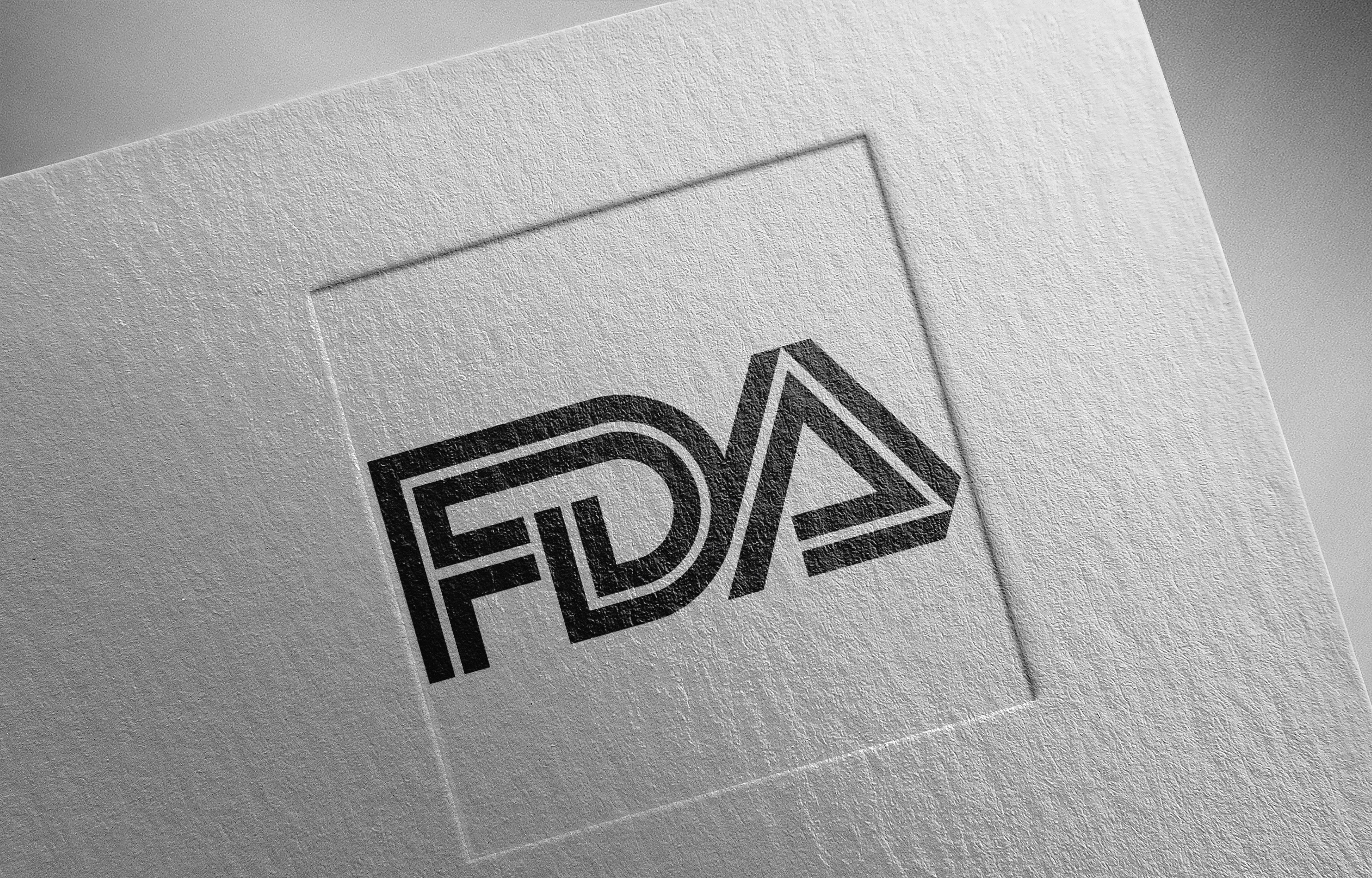Galinpepimut-S to treat pediatric acute myeloid leukemia receives Rare Disease Designation
Interim analysis of the phase 3 REGAL Trial is anticipated in this quarter of 2024.
Galinpepimut-S to treat pediatric acute myeloid leukemia receives Rare Disease Designation | Image Credit: © John Doe - © John Doe - stock.adobe.com.

The FDA has recently granted Rare Pediatric Disease Designation to Sellas Life Sciences Group's galinpepimut-S (GPS) for the treatment of pediatric acute myeloid leukemia (AML), according to a press release from the biopharmaceutical company.1
With currently available treatments for AML, prognosis in the refractory and/or relapsed pediatric patient population remains poor. According to Sellas, the overall survival rate in relapsed pediatric AML was 33% for all patients and 15.7% for this whose remission lasted less than 12 months. These findings were from a representative study.1
“GPS has already demonstrated promise in clinical settings for AML, and we believe its potential could extend to pediatric patients,” said Angelos Stergiou, MD, ScD h.c., President and Chief Executive Officer of Sellas, in a statement.1
“Receiving RPDD from the FDA is another acknowledgment of the critical need for new treatment options for AML and our results in adult patients," Stergiou said. "In our Phase 2 trial in adult patients which included patients as young as 25, clinical benefits were significantly higher in younger patients, which was expected based on the mechanism of action of GPS that is mediated via the immune system that is generally better preserved in younger patients, and even more so in children. With both of our development candidates, GPS and SLS009, now granted RPDD for AML, this recognition further reinforces our commitment to delivering potential new therapies to children affected by this challenging condition.”1
In the representative study, patients who did not achieve complete remission after 1 course of chemotherapy, the 5-year overall survival was 0%. Approximately 50% of children with pediatric AML relapse, and the only therapy considered curative in relapsed and refractory patients, generally, is a bone marrow transplant, according to Sellas.1
"In adult AML patients in first complete remission, GPS showed a median OS of 67.6 months across all ages with a favorable safety profile in an earlier Phase 2 study and induced T-lymphocytes response in both cytotoxic CD8+ cells and memory and helper CD4-+ cells with its innovative heteroclitic technology," the company wrote. "In that study, outcomes were even better in younger patients in whom neither the median disease-free survival (DFS) nor OS was reached, i.e. among younger patients more than half of the patients were alive and leukemia-free for more than 5 years after treatment commenced," stated the company.1
According to the FDA, a rare pediatric disease is defined as one that is "a serious or life-threatening disease in which the serious or life88 threatening manifestations primarily affect individuals aged from birth to 18 years, 89 including age groups often called neonates, infants, children, and adolescents."2
References:
1. SELLAS Announces U.S. FDA Rare Pediatric Disease Designation (RPDD) Granted to Galinpepimut-S (GPS) for the Treatment of Pediatric Acute Myeloid Leukemia. Sellas Life Sciences Group. Press release. October 15, 2024. Accessed October 23, 2024. https://ir.sellaslifesciences.com/news/News-Details/2024/SELLAS-Announces-U.S.-FDA-Rare-Pediatric-Disease-Designation-RPDD-Granted-to-Galinpepimut-S-GPS-for-the-Treatment-of-Pediatric-Acute-Myeloid-Leukemia/default.aspx#xd_co_f=NDA5MDk2ZmUtNGUyNC00ODgzLTgxMDEtOTFiNWNiZWJhMzli~
2. Rare Pediatric Disease Priority Review Vouchers Guidance for Industry. FDA. Draft guidance. July 2019. Accessed October 23, 2024. https://www.fda.gov/media/90014/download